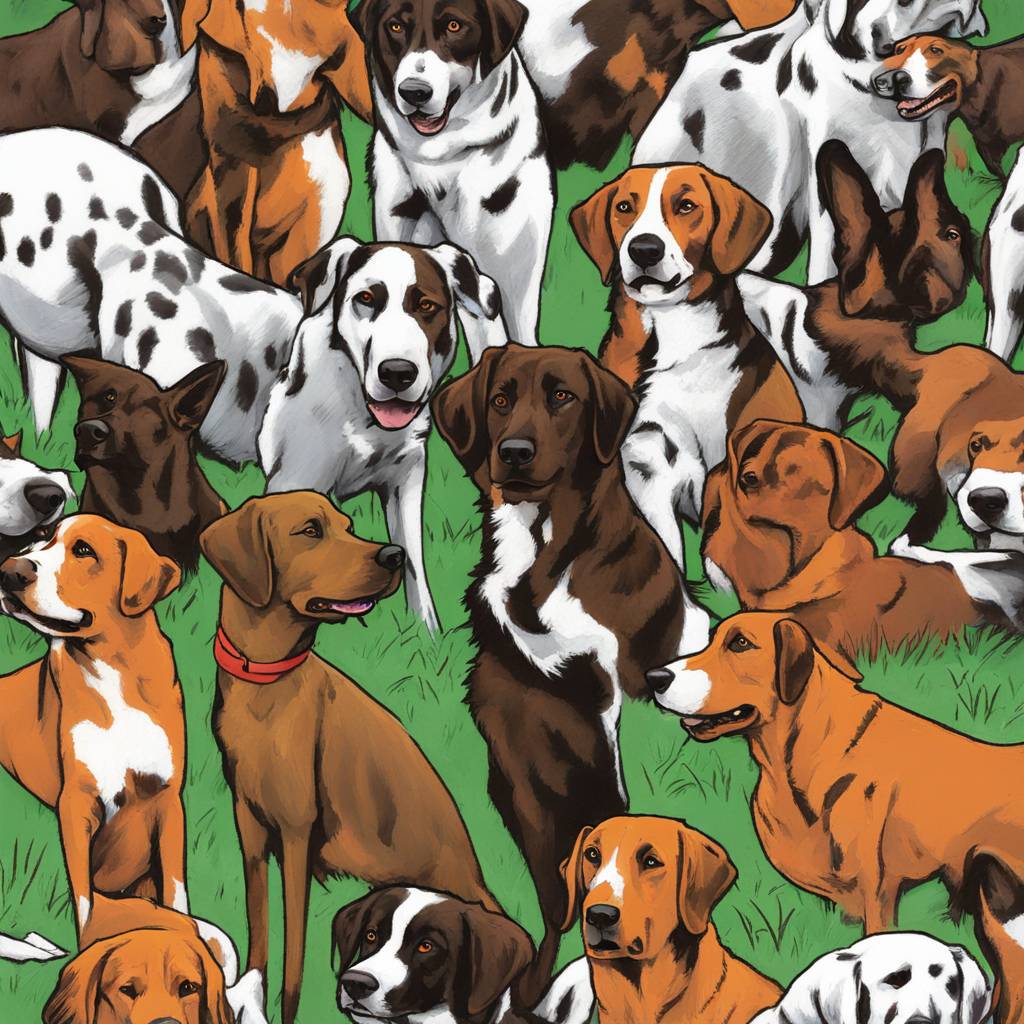Animal rights organizations Animal Justice and Coyote Watch Canada have requested a review of a new Ontario law that expands a licensing regime allowing dogs to track down captive coyotes, foxes, and rabbits in fenced-in pens. The legislation, passed last year, permits the expansion of licenses for so-called “train and trial” areas where hunters can bring their dogs to search for and chase wild animals. Animal Justice and Coyote Watch Canada have asked Natural Resources and Forestry Minister Graydon Smith to halt the expansion plans and phase out existing areas due to concerns about risks to wildlife and public health. The training component involves releasing hunting dogs in fenced-in areas to learn to hunt animals like coyotes, while the trialing portion includes competitions where dogs are scored on their hunting skills.
Former conservation officers Rick Maw and Wayne Lintack have criticized the province’s plan to expand the dog sport, calling it cruel towards wildlife, especially coyotes. They have reported instances where coyotes were hurt or killed by dogs in these areas and uncovered a coyote trade ring where animals were illegally caught, placed in small rooms, and sold to be used in other train and trial areas. Despite objections from animal rights organizations, hunters’ lobbying convinced Doug Ford’s government to expand the sport which has the support of the Ontario Sporting Dog Association and the Ontario Federation of Anglers and Hunters. The province intends to grant new licenses through a one-time 90-day application period and allow for license transfers to new owners.
Animal Justice and Coyote Watch Canada assert that the sport is cruel and inhumane, subjecting captive animals to physical and psychological distress and creating an unsafe environment for the dogs trained to chase them. The organizations have emphasized their concerns in the review application, particularly regarding the use of live animals as bait in the sport. While the law dictates that animals used as bait should be trapped humanely, the reality may differ according to former conservation officers. Despite the criticisms, the ministry maintains that train and trial facilities are operated responsibly with strict regulatory standards and care for wildlife, and conservation officers are tasked with ensuring compliance and taking enforcement action as needed.
The province has continuously reduced the number of train and trial areas over the years, with 24 currently operating compared to over 60 in 1997. Ontario made it illegal to sell or transfer old licenses, and no other province besides Manitoba allows such areas using live animals as bait. Manitoba only allows the use of live game birds but prohibits the use of other animals for this purpose. The review application notes that fox and coyote penning is banned in most U.S. states, highlighting the discrepancy in regulations and practices across different regions regarding the treatment of wildlife in hunting activities. Animal rights organizations are pushing for a halt to the expansion of the sport, citing concerns about the impact on wildlife, ethical considerations, and potential risks to public health.
The controversy surrounding the expansion of train and trial areas in Ontario has sparked a divide between animal rights organizations, hunters, and conservation officers, highlighting the conflicting interests when it comes to wildlife conservation and hunting practices. While hunters argue that no animals are harmed during the sport, animal rights organizations emphasize the distress and harm caused to captive animals used as live bait. The review application seeks to address these concerns by calling for a stop to the expansion plans and phase out of existing areas, drawing attention to the ethical implications of using wild animals in controlled hunting scenarios. The government’s response to the application and the future of train and trial areas in Ontario are yet to be determined, with different stakeholders advocating for their respective positions on the matter.


